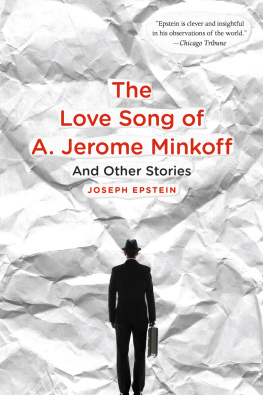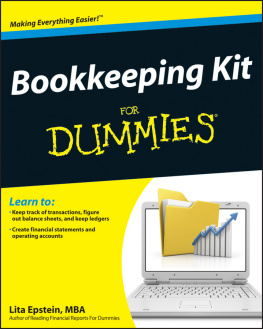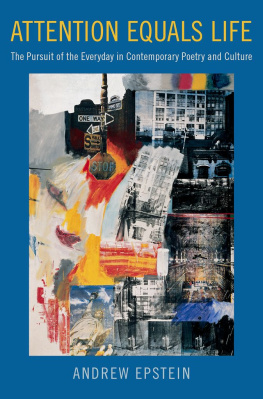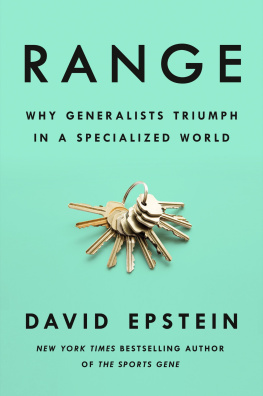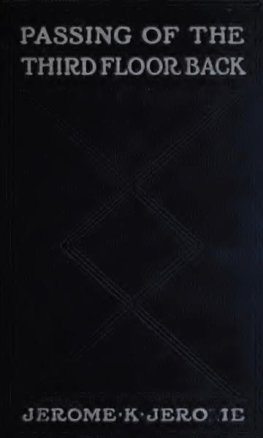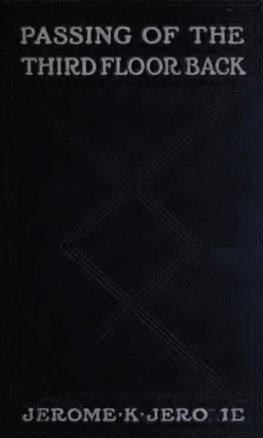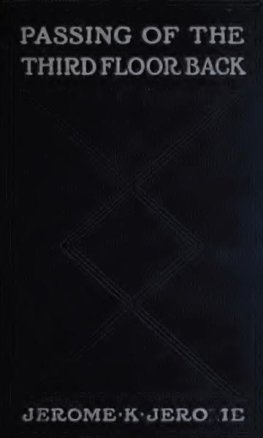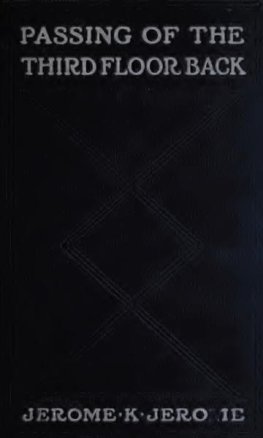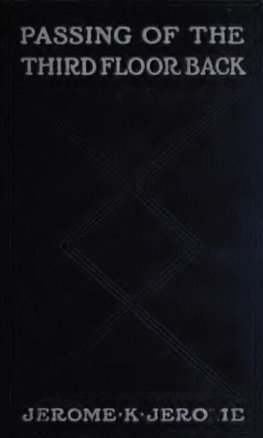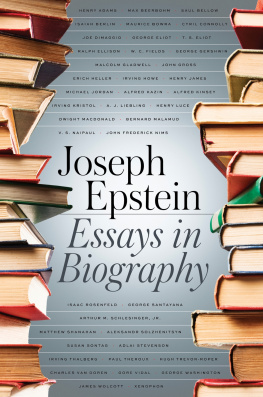Copyright 2010 by Joseph Epstein
ALL RIGHTS RESERVED
For information about permission to reproduce selections from this book, write to Permissions, Houghton Mifflin Harcourt Publishing Company, 215 Park Avenue South, New York, New York 10003.
www.hmhco.com
The Library of Congress has cataloged the print edition as follows:
Epstein, Joseph, date.
The love song of A. Jerome Minkoff, and other stories / Joseph Epstein.
p. cm.
ISBN 978-0-618-72195-5
1. JewsUnited StatesFiction. 2. Short stories, Jewish. I. Title.
PS 3555. P 6527 L 68 2010
813'.54dc22 2009034898
e ISBN 978-0-547-48708-3
v2.0114
These stories were previously published elsewhere: Casualty in Sewanee Review, My Brother Eli in Hudson Review, Kuperman Awaits Ecstasy and Danny Montoya in Standpoint; the rest of the stories appeared in Commentary.
For Ivan Dee,
good friend
The Love Song of A. Jerome Minkoff
D R. A. JEROME MINKOFF, family practitioner, three years a widower and coming up on his sixty-fourth birthday, met Larissa Friedman, two years into her widowhood and fifty-two, at a charity dinner at the Ambassador East Hotel in Chicago for ALS, dreaded, goddamn Lou Gehrigs disease, from which both their spouses had died. Each had donated $25,000 to the annual national ALS fundraiser, where they were seated next to each other at the same table near the dais. Mrs. Friedman gave the few things he said full-court-press attention. She smiled. She agreed emphatically. More than once she touched his forearm, gave it a gentle squeeze.
Since Marlenes death three years ago, Minkoff had been considered, if not by himself then by friends, many patients, and all female acquaintances, a highly eligible bachelor. He had gone out with a few women, but nothing resembling a relationship came of it. He grew wary. Divorces recited ghastly sagas of grievance that were lengthy and painful. Others were far too willing to share their many problems. Minkoff, who had never in his life uttered a word of complaint to anyone but his wife, preferred to devote his problem-solving prowess, which he thought not inconsiderable, to the patients in his large family practice.
Minkoff found himself acting rather coldly to Larissa Friedman, not responding to her attentions, directing his own conversation to others at the table. Back in his apartment on State Parkway, getting into his pajamas, he had a touch of bad conscience. Why had he assumed the worst? After all, like him, she had gone through the hell of seeing someone she loved put through the tortures of ALS. She was alone in the world. She was generous in her giving. She had done nothing to warrant such chilliness.
Larissa Friedman lived in Los Angeles, and Minkoff recalled her saying that she was staying at the Drake. Late though it was, he called her there and asked if he might drive her to OHare tomorrow, a Wednesday and a day off for him.
Minkoff picked Mrs. Friedman up at nine-thirty A.M. in front of the hotel. Her plane departed in three hours, but she had mentioned that she liked to get to the airport early. The traffic on the Kennedy was unusually light, and they arrived a touch after ten. She suggested a cup of coffee, and so Minkoff pulled up in front of the OHare Hilton, turning his Honda over to a young Mexican guy at valet parking. In the hotel coffee shop, they exchanged talk about the cruelty visited upon their late spouses by disease and about their own lives, as she put it, as bachelors. She was small, dark, with black eyes, and wore makeup with evident artistry. She had a French haircut, or so he thought of it, with one side falling across her well-sculpted forehead. More than once Minkoff felt her knee touch his. Concerned about the time of her flights departure, he checked his watch.
Not to worry, she said, smiling. She called United Airlines from her cell phone and rescheduled her flight. She leaned toward Minkoff, giving off a strong whiff of expensive perfume, and whispered into his ear.
Minkoff looked at his eyes in the rearview mirror. He had spent four extraordinary hours in a room upstairs in the airport Hilton with Mrs. Friedmanmake that Larissa. After checking his male patients for testicular cancer, Minkoff always inquired, Everything all right down there? Who knew how many prescriptions in recent years Minkoff had written for Viagra, Cialis, Levitra, and the rest? He hadnt himself entirely neglected things down there, but Larissa Friedman had refreshed his memory of how revivifying they could be. She was a woman of experience. Although himself an easy A student in anatomy and the veteran of nearly forty years of medical practice, she was in possession of a few things about the physiology of the human body that until now had not occurred to Dr. A. Jerome Minkoff.
She told Minkoff that she planned to be back in Chicago early next month and hoped they might be able to spend some time together then. Yes, sure, of course; he would look forward to it. They kissed, and she patted him, twice, on his bottom as he walked out into the cool hallway of the OHare Hilton.
Things progressed quickly Larissa called to say that she was returning to Chicago two weeks earlier than expected and would have the use of an apartment in the 900 N. Michigan Avenue building that was owned and used as a pied--terre by a neighbor of hers in Brentwood. Their week together left Minkoff exhausted. Every night Larissa made reservations at one of those restaurants Minkoff used to read about with less than casual interest in Chicago magazine but had never taken Marlene to: Tru, Trio, and Charlie Trotters, where well-connected people atea great privilege, apparently, thisin the kitchen. Larissa had acquired tickets to the symphony, to a Goodman Theatre production of Death of a Salesman, to Steppenwolf, where they saw Lady Macbeth deliver her monologue in the nude. Afterward, she and Minkoff retired to the pied--terre and did not sleep much.
They were invited to dinner at the apartment, on East Lake Shore Drive, of Larissas old high school friend Rita Greenberg, whose own date for the evening was her personal trainer, two decades younger. A locally famous interior decorator of whom Minkoff had never heard was there with his partner. The conversation covered mainly new restaurants and movies and vacation spots. Minkoff hadnt much to contribute and, despite Larissas efforts to bring him into the conversation whenever possible, felt out of it.
Perhaps it was just fatigue. Minkoff worked long hours. He began making his rounds at RushSt. Lukes at seven A.M. He saw twenty patients a day. His schedule was no heavier this week than any other, except that instead of shuffling off to bed at nine-thirty every night, he was out with Larissa Friedman, whose energy, in bed or out on Michigan Avenue, appeared to be inexhaustible.
Minkoff was also distracted by a pathologists report he received earlier in the day. It confirmed that one of his oldest patients, Maury Gordon, had pancreatic cancer. Mauryhe had insisted that Minkoff, whom he always called Doc, call him thatwas a wealthy man of eighty-five. He was largesix foot one, close to 220 poundsand in his dress and manner gave off fumes of high prosperity. He had owned seven or eight movie theaters around Chicago, which he sold at just the right time, before the multiplexes took over. He had invested well and, as he put it to Minkoff one day at the conclusion of his annual physical, was out of the financial wars before I was fifty.
Maury Gordon had a taste for ample generalizations. If you have eighteen or so million in the bank its awfully easy to relax and be an entirely moral man, he once said, though I realize lots of money doesnt have this effect on certain chazerim, who, lets face it, wouldnt be content with eighteen billion.
Next page
